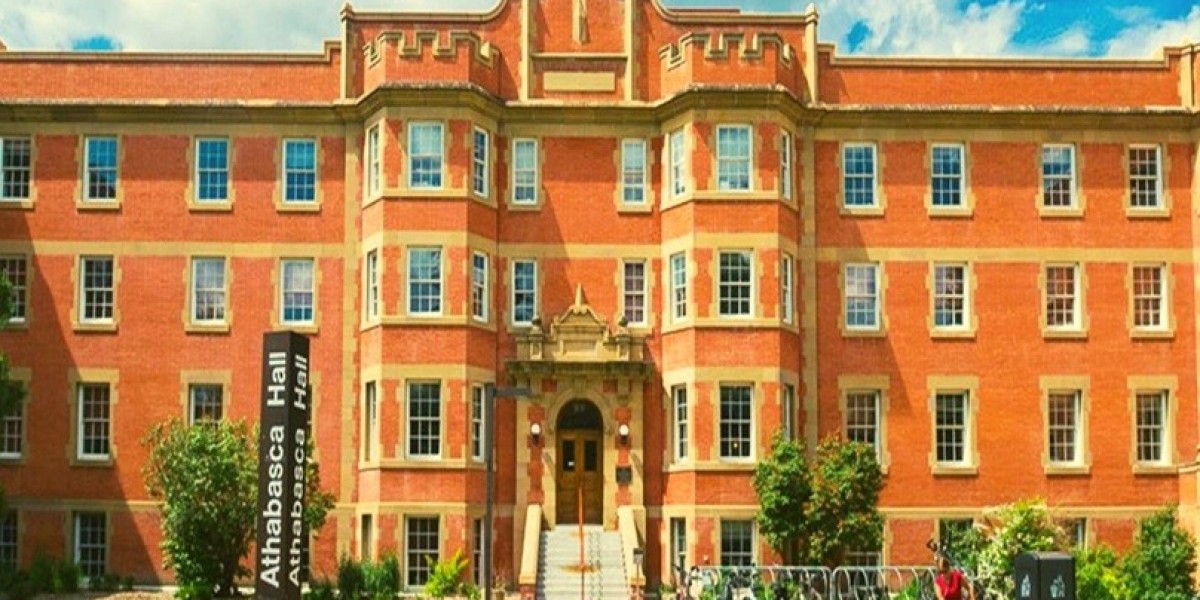Canada is one of the most sought-after destinations for students aspiring to study medicine. Known for its world-class education system, research opportunities, and a strong healthcare sector, pursuing an MBBS in Canada can open doors to a rewarding career in medicine. However, studying medicine in Canada is slightly different from other countries. This article will explore the entire process, requirements, benefits, and much more about MBBS in Canada.
1. Understanding MBBS in Canada: How It Differs
Unlike countries like India, the UK, or Australia, Canada doesn’t have a course specifically called “MBBS” (Bachelor of Medicine and Bachelor of Surgery). In Canada, students pursue an MD (Doctor of Medicine) degree, which is considered equivalent to an MBBS in other countries. Medical degrees in Canada are highly prestigious, recognized globally, and provide excellent opportunities for medical practice or further specialization.
2. Duration of Medical Studies in Canada
The duration of an MD program in Canada typically ranges from 3 to 5 years. However, the length of the program depends on whether you already hold a bachelor’s degree. For students with a prior undergraduate degree, the MD program is usually 4 years long. For students who enter directly after high school, some medical schools offer 5-year programs that combine pre-med and MD studies.
3. Eligibility Criteria for MBBS in Canada
To secure admission to a medical school in Canada, international students must meet stringent eligibility requirements, including:
- Bachelor’s Degree: Most Canadian medical schools require applicants to have completed at least a 3- or 4-year undergraduate degree, preferably in life sciences or related fields.
- MCAT Scores: The Medical College Admission Test (MCAT) is a standardized examination that assesses your problem-solving, critical thinking, and knowledge of natural, behavioral, and social sciences. It’s a crucial part of the admissions process.
- Language Proficiency: For international students from non-English-speaking countries, proof of English language proficiency is mandatory. Tests like IELTS or TOEFL are generally accepted.
- Relevant Experience: Most medical schools prefer applicants with some level of healthcare experience, such as volunteering in hospitals or medical camps, to demonstrate their commitment to the field.
4. Top Medical Schools in Canada
Canada boasts some of the best medical schools globally, offering top-notch education and research opportunities. Some of the top medical schools in Canada include:
- University of Toronto Faculty of Medicine: Ranked among the best globally for medical research and clinical education, this institution is a leader in medical innovation.
- McGill University Faculty of Medicine: Known for its rigorous curriculum and research opportunities, McGill is a popular choice for both local and international students.
- University of British Columbia (UBC): UBC’s medical program is known for its diverse research and clinical practice options, offering students a holistic learning experience.
- Queen’s University School of Medicine: This school focuses on small-group learning and hands-on clinical training, ensuring students receive personalized education.
5. Admission Process for International Students
The admission process for international students aiming to study MBBS (MD) in Canada is competitive and follows these general steps:
- Application Submission: You need to apply directly to the medical school through the institution’s portal or through OMSAS (Ontario Medical School Application Service) for schools in Ontario.
- MCAT and Test Scores: Submit your MCAT scores and English proficiency test results along with your academic transcripts.
- Interview Process: Shortlisted candidates will be invited for an interview, which assesses your communication skills, motivation, and suitability for a medical career.
- Acceptance: Once selected, you will receive an acceptance letter, after which you can begin visa processing and finalizing your medical school admission.
6. Cost of Studying MBBS in Canada
The tuition fees for medical studies in Canada vary depending on the university and program. On average, international students can expect to pay between CAD 25,000 to CAD 60,000 per year. This doesn’t include living expenses, which can add an additional CAD 10,000 to CAD 15,000 annually.
7. Scholarships for International Students
Many Canadian universities offer scholarships specifically for international students pursuing an MD degree. Some of the popular scholarships include:
- Vanier Canada Graduate Scholarships
- Lester B. Pearson International Scholarship
- University of Toronto International Scholar Award These scholarships are highly competitive and usually based on academic excellence and leadership potential.
8. Career Opportunities After MBBS in Canada
Once you complete your MD degree in Canada, you can choose to either:
- Pursue Residency: Medical residency programs in Canada allow students to specialize in areas such as internal medicine, surgery, or pediatrics.
- Practice Medicine: To practice medicine, graduates must pass the Medical Council of Canada Qualifying Examination (MCCQE) and obtain licensure from their respective provincial or territorial medical boards.
- Further Studies: Many graduates opt to pursue further specialization or research opportunities in Canada or other countries.
9. Permanent Residency and Work Opportunities
Canada provides ample work opportunities for international medical graduates. After completing your degree and obtaining licensure, you may be eligible for Permanent Residency (PR) under Canada’s immigration programs. With PR status, you can practice medicine, apply for healthcare jobs, or even establish your own practice in Canada.
Conclusion
Pursuing MBBS (MD) in Canada is a challenging yet rewarding journey for international students. With top-notch medical schools, a robust healthcare system, and exciting career prospects, Canada offers a unique opportunity for aspiring medical professionals. However, due to the competitive nature of admissions, students need to prepare well in advance, meet all eligibility criteria, and have a strong academic and extracurricular background to stand out in the application process.









